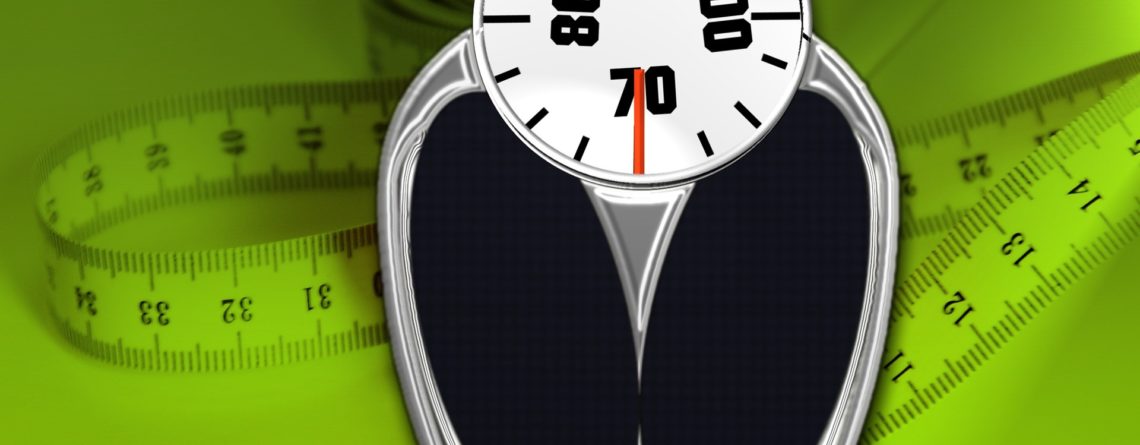Reasons to Stop Weighing Yourself Every Day
Shedding excess weight can be quite a difficult feat but you must stop weighing yourself every day. You are required to bring about significant changes in your entire lifestyle. It is vital to take out time from the hectic schedule to work out daily. Your diet needs to be carefully monitored to ensure that it comprises all the essential nutrients while restricting the caloric intake.
When you put in so much hard work, it is natural that you would want to see the results as soon as possible. You would hope for the rapid outcome of your efforts which would motivate you that all the hard work is worth it.
People trying to lose weight tend to place a lot of focus on the results of the weighing machine. It is quite common for people to step on the scale daily to see the effects of their efforts. However, when you find that the scale does not go down, you are astounded and demotivated. You start to feel that all your hard work is futile and would bear no fruit.
You will be bewildered to find yourself weighing significantly heavier than last time simply because you allowed yourself a cheat day. It is quite common for people to give up on their efforts of losing weight because they start to feel that nothing is coming out of it. However, the reality is quite different. Here are reasons to stop weighing yourself every day.
The confusion of weight loss and fat loss
When people think about losing weight, they focus on losing the excess fat in their bodies. For most people, weight loss is synonymous with fat loss. However, in reality, they are two different entities.
Losing weight is relatively easier compared to losing fat. Losing weight also encompasses the loss of muscle and water from the body. While the process of weight loss starts quickly, fat loss takes a longer time.
People often tend to have unrealistic expectations about their fat loss. What you need to realize that even if you nearly starve yourself, which it is prudent to mention is highly unhealthy, you would not lose more than a couple of pounds weekly.
You need to keep in mind that losing muscle can be detrimental to health. While you are trying to lose weight, you need to endeavor to ensure that muscle mass is preserved as much as possible.
The changing levels of glycogen
Glycogen is stored in your body as an energy source. When your body requires immediate energy, it uses glycogen for the purpose. Food items enriched with carbohydrates lead to the production of glycogen.
These are the perfect stores of energy which is why it is quite common for athletes to have something sweet right before an event. This gives them the energy reserves they require.
About four grams of water binds to a gram of glycogen in your body. When the levels of glycogen in your body decrease, the amount of water available for binding to glycogen decreases as well. This is the reason that low-carb diets lead to quick weight loss initially. It is mostly water that is lost during this period.
Thus, when you have a cheat day, you gain weight quickly as well. Thus, glycogen levels misguide you with regard to the extent of your weight loss. When you eat carbs, your glycogen levels rise, and water binds to it leading to an increase in weight owing to water. Since your goal is to shed the excess fat from the body, the scales actually do not tell you the whole story.
Retained water
You simply cannot avoid salt in your diet. Every food item comprises of salt, and thus it is not something you can abstain from.
Salt which contains sodium is associated with the retention of water. Your kidneys are responsible for removing the extra sodium from your body. If the kidneys do not get rid of this sodium, your body will contain the excess water. As the amount of water and sodium you intake daily varies, so will your weight.
Thus, when you are on a diet and have more sodium, the scales might show you that your hard work has not shown good weight results. However, the truth is that it is merely the excess water that the scale is showing.
Muscle gain
It is quite common to do strength training when one is trying to lose weight. This is quite beneficial. Resistance training not only enhances weight loss but also prevents the loss of muscle.
However, if you have just started with weightlifting and end up overdoing it, you might be surprised to find your weight increasing. This happens because while you are losing fat, you are gaining muscle mass thus causing the scale to go in the opposite direction.
It is quite common for people to feel frustrated because the scale does not show them what they want to see. They feel like they are doing all the hard work for nothing. However, they do not realize that the scales are not capable of taking their body composition into account.
Weight at different times of the day
Weighing yourself at a specific time is essential. If you weigh whenever you feel like it, the scales will not provide you with accurate results.
Weigh increases during the day as you consume drinks and food. Waste is produced by your diet which further leads to weight gain. However, this is temporary.
Therefore, if you compare your weight during the daytime to what you weighed early morning on an empty stomach, the results will not be accurate.
Perhaps you had a heavy lunch, or maybe you ate something enriched with carbs. In any of these situations, you would gain weight temporarily. However, what you need to remember is that this is just water that your body will get rid of in due time. Just another great reminder to stop weighing yourself every day
Stop weighing yourself every day and avoid being tricked by the scale
Thus, it is apparent that no good will come out of standing on the scales daily. You will merely end up putting too much pressure on yourself which will cause you to lose motivation. Weighing yourself once a week (same day and time) will help you get a better reading on the scale and help you understand your weight loss. Understanding your body composition is the key.














